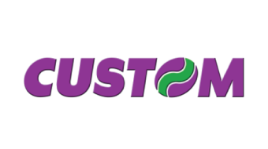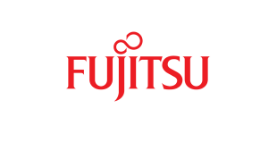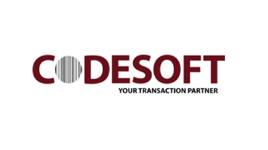Retails Point of Sale
Point of Sale (POS) systems have revolutionized modern retail businesses, transcending traditional sales limitations and ushering in an era of intelligent, accurate, and efficient management. Acting as a central hub, POS systems connect every aspect of the point of sale, whether it be a retail store, restaurant, hotel, food court, amusement park, or cafe. POS empowers businesses to effectively record sales, manage inventory, analyze data, and build customer relationships.
A POS system is more than just a cash register or receipt printer; it's a harmonious blend of software and hardware working together to meet the specific needs of each business. POS software for retail stores might focus on inventory management, loyalty programs, and sales analysis, while restaurant POS systems might prioritize table management, order taking, and split checks. Hotel POS systems could integrate with property management systems (PMS) to manage bookings and services.
Hardware components also vary. Barcode scanners are essential for retail stores with numerous products, while kitchen printers are necessary for restaurants and cafes. Hotels might require EDC machines for credit card processing.
The benefits of POS systems are numerous. They enhance sales efficiency through fast and accurate data recording and processing, minimizing errors and delays. Inventory management features enable businesses to effectively track and control stock, preventing shortages and overstocking. Data analysis tools provide insights into customer behavior, popular products, peak hours, and trends, facilitating strategic marketing planning and product development. POS systems also foster strong customer relationships through CRM features, enabling personalized shopping experiences and building loyalty.
With these diverse benefits, POS systems are more than just point of sale solutions; they are essential tools that empower retail businesses, restaurants, hotels, and more to manage operations, make informed decisions, and achieve sustainable growth in today's competitive digital landscape.
































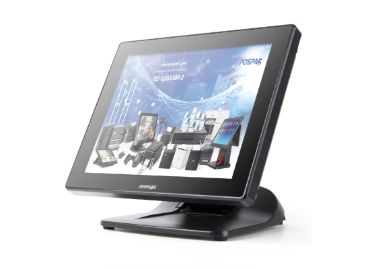




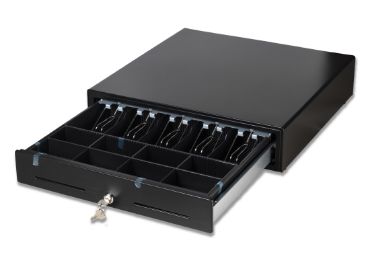
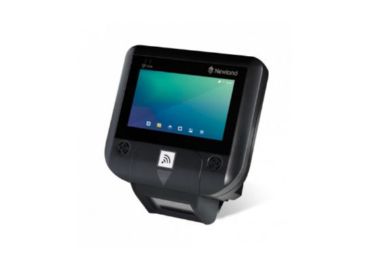
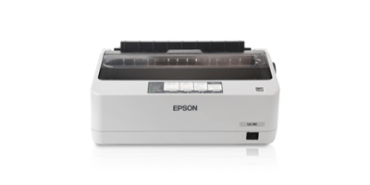
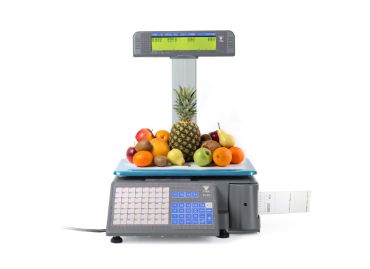
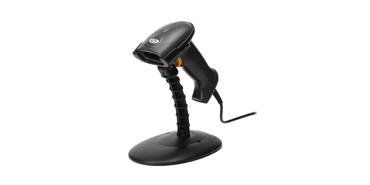
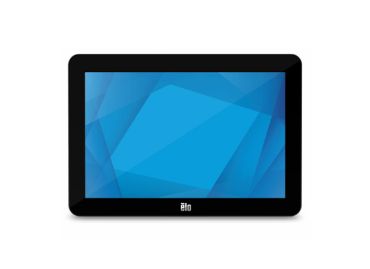
-pos-receipt-printer-เครื่องพิมพ์ใบเสร็จความร้อน-epson-(pnc31ch26442)_268.jpeg)


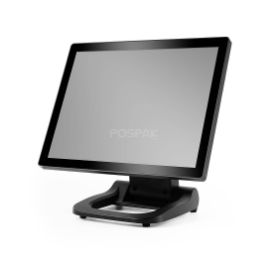

_80.png)












